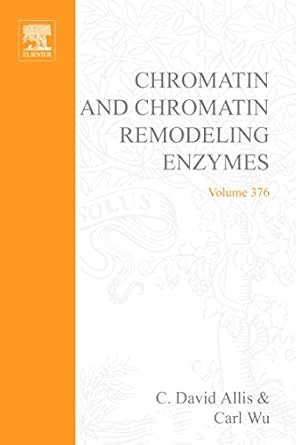Neurochemical Aspects of Alzheimer’s Disease provides a comprehensive overview of molecular aspects of risk factors, pathogenesis, biomarkers, and therapeutic strategies. The book focuses on molecular mechanisms and signal transduction processes associated with the pathogenesis, biomarkers, and therapeutic strategies of AD. The comprehensive and cutting edge information in this monograph may not only help in early detection of AD, but also promote discovery of new drugs to treat this chronic disease. Chapters discuss involvement of neural membrane phospholipids, sphingolipids, and cholesterol-derived lipid mediators, abnormal APP processing, and nucleic acid damage, risk factors, biomarker, and therapeutic strategies of Alzheimer’s disease. This book is written for neurologists, neuroscientists, neurochemists, neuropharmacologists, and clinicianswho are interested in molecular mechanisms associated with the pathogenesis of age-related neurological disorders.
Provides a comprehensive overview of molecular aspects of risk factors, pathogenesis, biomarkers, and therapeutic strategies for Alzheimer’s disease
Written for researchers, clinicians, and advanced graduate students in neurology, neuroscience, neurochemistry, and neuropharmacology









Be the first to review “Neurochemical Aspects Of Alzheimers Disease: Risk Factors, Pathogenesis, Biomarkers, And Potential Treatment Strategies”